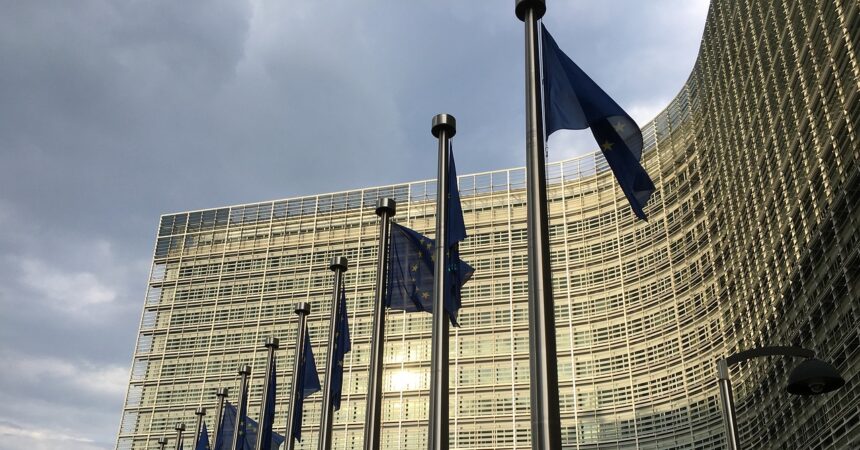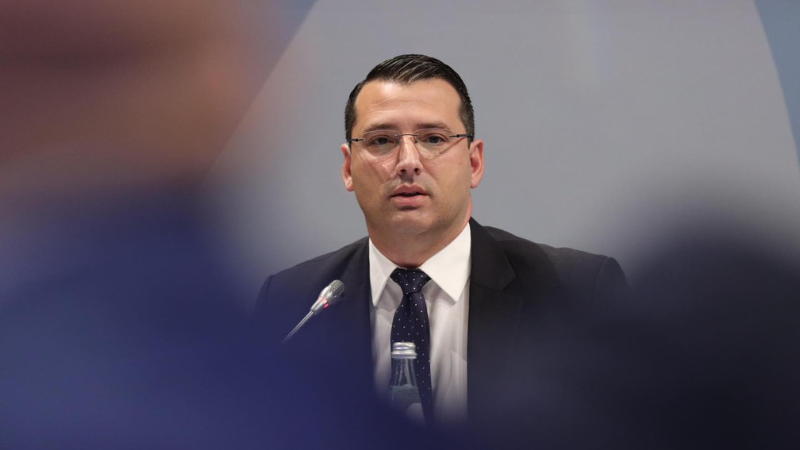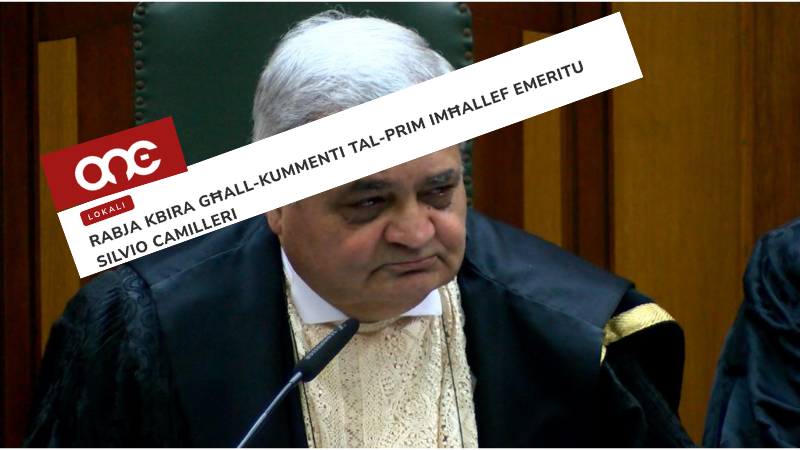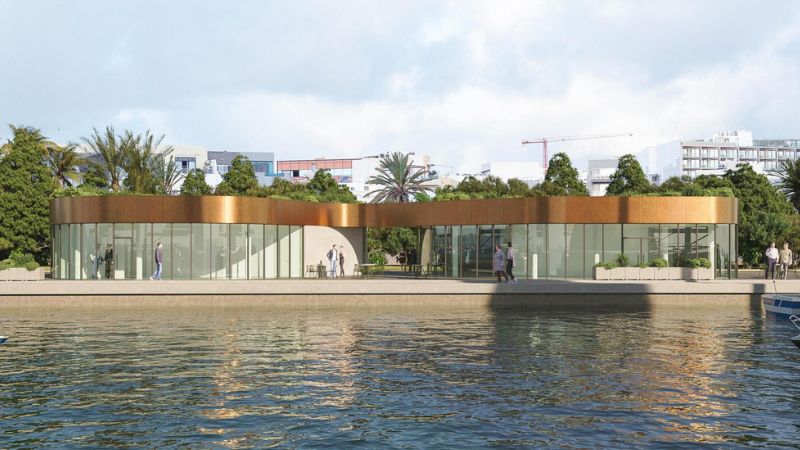The European Public Prosecutor’s Office (EPPO) and the European Anti-Fraud Office (OLAF) have found themselves at the centre of a debate this week over the ability of the European Union and Commission to combat or even truly understand the extent of fraud with EU funds.
Earlier this year, the EPPO annual report 2022 documented 3,318 crime reports but lamented that the office is still far from reaching its full potential. It also found a significant discrepancy between what member states report and what the EPPO, an independent body, reports.
For example, the EPPO report states that 865 new investigations were opened during 2022, with a total damage of at least €5 billion- a significant jump from the €300 million reported to the Commission by member states during the same period.
EPPO Head Laura Kövesi noted that “before the creation of the EPPO, the Commission ignored more than 90% of suspected fraud affecting the EU’s financial interests and which were being investigated by the services.”
EPPO was set up in 2021 and is an independent body of the EU with juridical powers in 22 of 27 member states to investigate and prosecute fraud against the budget of the EU and other crimes against the bloc’s interests, including fraud concerning EU funds and cross-border VAT fraud.
OLAF is a body also mandated with protecting the EU’s financial interests, including combatting fraud and corruption. But a recent article from Follow the Money levied significant criticism at the body, stating it has “no bark as well as no bite”.
OLAF only makes recommendations, unlike EPPO, which has the power to prosecute crimes in national courts. The article notes that while EPPO opened 865 investigations in 2022, OLAF opened just 192.
In July 2023, Kövesi sent a letter to the European Commission, sounding the alarm that for many years, the Commission has grossly and systematically underestimated the amount of fraud committed with EU funds.
But as well as the Commission failing to grasp the scope of the situation, the EPPO report found that 58% of reports came from citizens. They said this is “very high” and shows “an expression of great expectations from EU citizens towards the EPPO as a European Union judicial body.”
It could also show a failure of national authorities to take adequate action on possible cases of fraud, something highlighted during Kövesi’s visit to Malta.
Regarding fraud at a national level, 14 investigations were opened in Malta in 2022 with an estimated value of €123.5 million.
Three relate to VAT fraud cases, five to expenditure investigations such as agricultural and rural development programmes, one with maritime and fisheries, and another related to mobility and transport, energy, and digitalisation.
Out of the active cases, four involve suspected corruption and money laundering.
In 2022, Kövesi did not mince her words when talking about Malta, accusing the authorities of paying lip service to its efforts to crack down on EU fraud and corruption. She said lawmakers were unable to respond to simple questions.
She added, “I visited Malta, I had meetings with the national authorities, and after two days, it was very difficult for me to identify the institution responsible for detecting crimes.”
“All of them say ‘it’s not me, it’s them,’ and when I visited them, they said ‘it’s not us’,” she added.
“It’s important for national authorities to understand that Malta is not a white point on the map of criminality and that criminals cannot think that they are protected because they are in Malta,” she said in October 2023 during a visit to the country.
What next?
The EPPO has asked that the applicable regulation be reviewed as soon as possible with a focus on several critical aspects.
These include simplifying its administrative complexity, rules relating to its Collect, its ability to exercise competence for offences such as smuggling, and rules related to cross-border cooperation between European Delegated prosecutors and the regime of judicial authorisation of investigative measures.
Kövesi stated, “We are on the right track, but we need to do more.”














They need to set up Federal Financial Police with powers across the whole EU ,to investigate arrest and imprison persistent thieves , bandits and Mafioso such as we have here and are unable to get them owing to an extremely weak justice system controlled by the government who it must be said are acive participants in the criminality that affects every one of us in some way.
EXCELLENT COMMENT. I HAVE NO NEED TO ADD TOO!!!💯👍
EU should stop funding corrupt governments. Projects funded by the EU should be managed by the EU itself.
Three words which should not be permitted to exist in a sentence :
organised criminal government